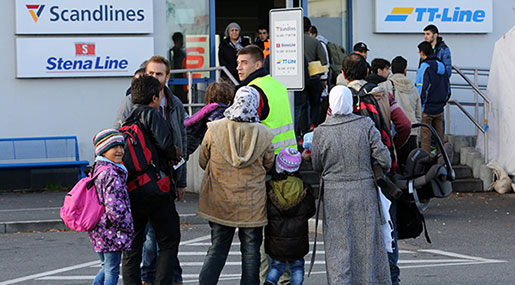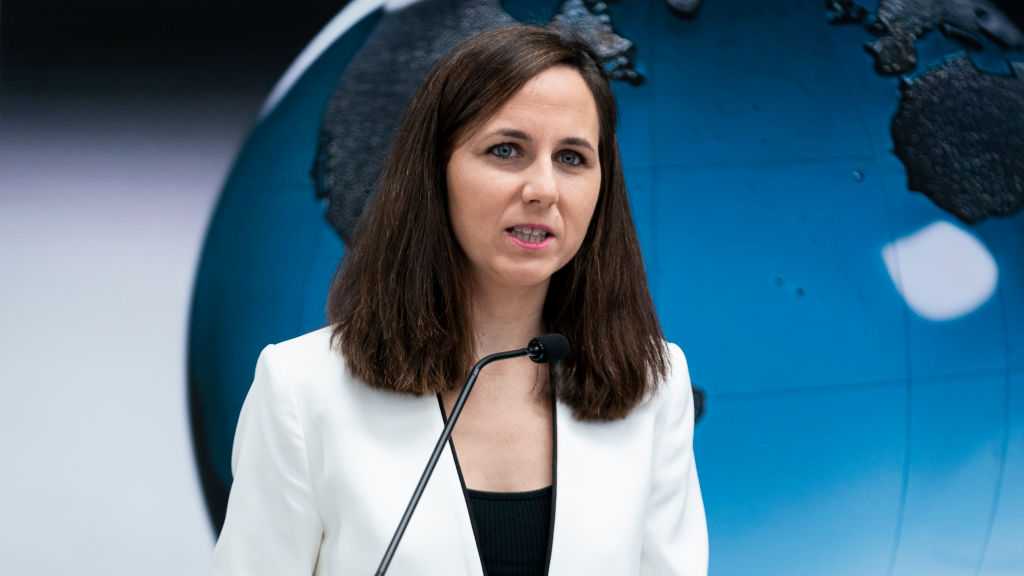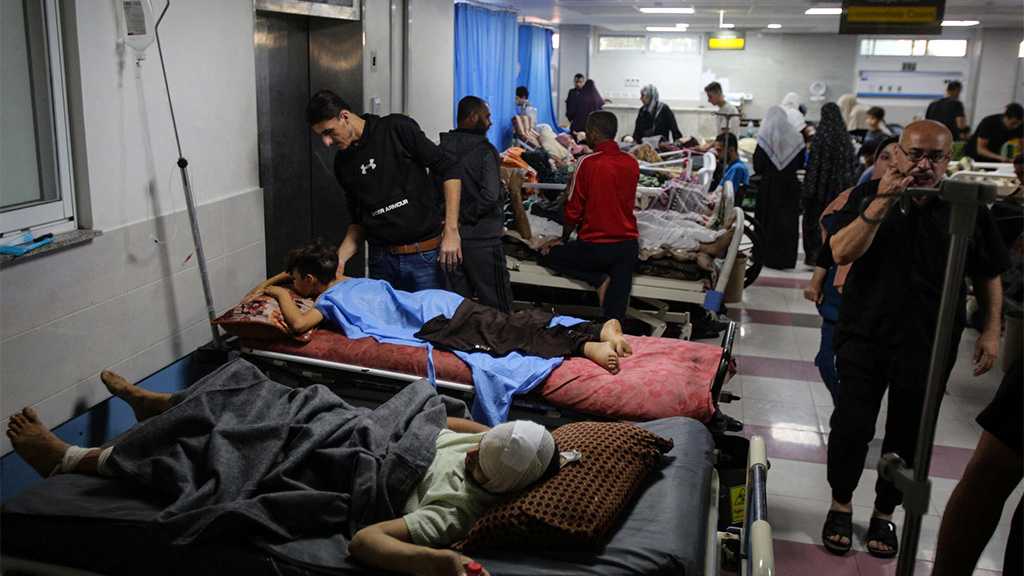
Germany to Build Deportation Centers for Unwanted Migrants

Local Editor
Germany is setting up mass holding centers to house unsuccessful asylum seekers and speed up their deportations.

The move threaten to undermine the country's image of a welcoming nation, an aid group warned.
They fear that anchor centers - an acronym for arrival, decision, return - which the Interior Ministry plans to spread across the country will stoke social tension between local residents and migrants amid a populist backlash against the government's handling of the refugee crisis.
In this regard, Germany's Interior Minister Horst Seehofer is justifying the decision to roll out such anchor centers because of the difficulty in deporting "people without protected status after they have been spread out across the country and put down roots in our cities and communities."
One such center which already exists in Bavaria and is meant as a prototype for the plan, suffers from high crime rates, mass protests and rising tensions between asylum seekers and security forces.
Meanwhile, a converted army compound in Manching, Upper Bavaria, currently holds about 1,100 people, mainly from the western Balkans, Ukraine, Nigeria and Afghanistan.
Anchor centers send a clear signal to migrants who have little chance of being allowed to stay in the country amid a heated political debate about Germany's failure to deport asylum seekers whose applications have been rejected.
Until very recently, Germany's policy was to accommodate arriving migrants in communities across the country, but the government is now backing off from that policy in the face of mounting criticism about its inability to handle the refugee crisis.
Germany became a major destination for thousands of migrants and refugees from the Middle East amid instability caused by the civil war in Syria and the activity of the Daesh terrorist group in the region.
According to the Federal Office for Migration and Refugees [BAMF], between 2014 and 2016 Germany received over one million asylum applications, more than any other country in the European Union forcing the authorities to tightened migration controls.
Source: News Agencies, Edited by website team
Comments
- Related News



